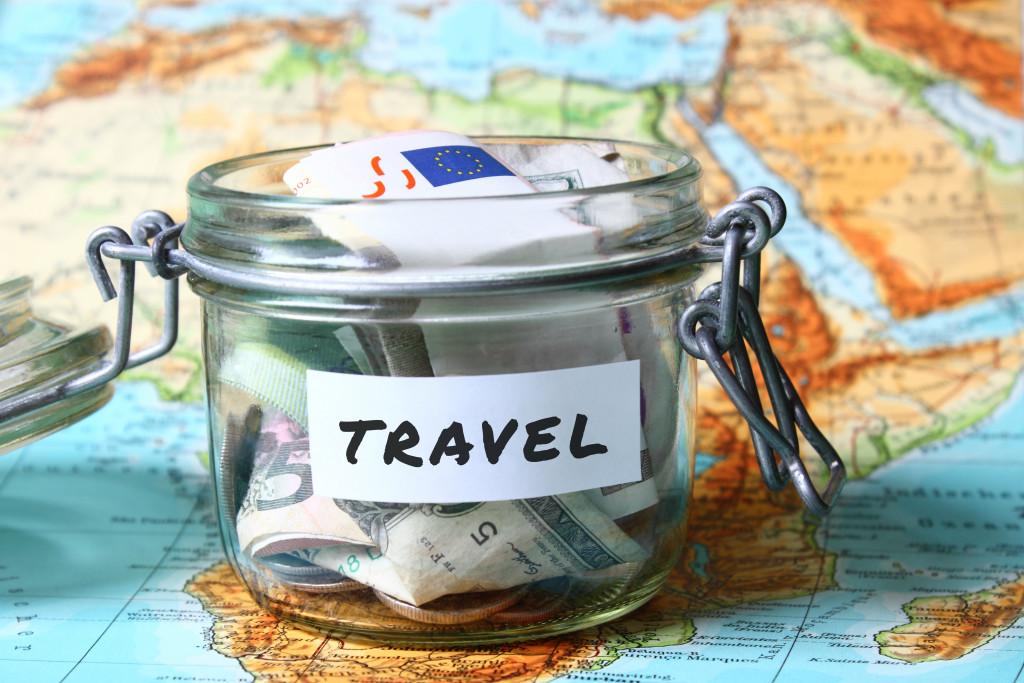- Ensure your vehicle is in proper working order and up to safety standards before embarking on a long road trip.
- Plan your trip with a budget that accounts for fuel, restaurants, and other possible expenses.
- Create an itinerary with current travel conditions, estimated times and distances between stops, hotel information, and activities.
- Pack appropriately for the trip and make sure all essentials are in the car and easily accessible.
An exhilarating and fulfilling road trip awaits you, but proper planning is key for a successful getaway. Before you hit the open road, there are many things to consider, from packing the right supplies to planning your route. Before embarking on your journey, make sure you have taken steps to ensure a safe and enjoyable trip for everyone involved.
Check your vehicle

Ensuring your car is in proper working order before embarking on a long road trip can be the difference between having an enjoyable journey and one where you endure needless difficulties. It’s vital to check that all systems function correctly, including brakes, headlights, shocks, suspension, airbag systems, oil levels, and tire pressure.
If you’re based in the UK, you must have your vehicle tested at a reputable VOSA-approved MOT testing center to ensure all parts function correctly and meet necessary standards and regulations. While it may require a bit of time and money before the trip, proactively ensuring your vehicle’s safety will pay dividends in the peace of mind department.
Plan your trip
Here are some tips on how to properly plan your road trips:
Establish a budget

Establishing a budget before embarking on a long road trip is an essential step in ensuring the success of your journey. Deciding how much money to allocate for fuel, restaurants, and other possible expenses will help you plan for those costs and avoid overspending.
Creating a budget allows for forecasting potential needs, such as car repairs or emergency services, should the need arise. Additionally, when planning your journey, due diligence in researching road conditions along routes will be beneficial and provide accurate estimates of time and cost that can be incorporated into your overall budget.
Create an itinerary
Creating an itinerary before a road trip is an essential task that should be considered. Establishing a feasible and well-structured plan will help save time, stay organized, and reduce stress during the journey. With the proper planning, you can minimize the risk of having delays or unexpected problems which may cause your trip to fall off schedule.
An itinerary should include current travel conditions, estimated times and distances between stops, hotel information, and desired or necessary activities to plan out along the way. This map will offer peace of mind when dealing with changing scenarios while enjoying and relaxing despite any challenges. Moreover, it allows for efficient use of time on excursions once you reach destinations – meaning more fun time!
Pack appropriately
Planning and packing for a long road trip is an important step to ensure that the journey goes smoothly. Before packing, consider who’s going, what will be needed for the length of the drive, and the final destination.
Once these items are determined, it’s important to be strategic when stocking the vehicle. Ensure all essentials such as a first aid kit, spare tire, jumper cables and emergency supplies are in the car and easily accessible.
Clothing should be appropriately selected based on the season and activities planned during the trip. Additionally, foods with plenty of protein and healthy snacks such as nuts and crackers are good options. Lastly, bring entertainment like books or games to keep passengers amused during downtime on the road.
Get weather updates
Getting weather updates before taking a long road trip is an essential part of the planning process. Because unexpected weather can affect the safety of your journey and the length of time it will take to reach your destination, it’s important to be aware of potential hazards and plan accordingly.
Checking for current conditions and multi-day forecasts can help you identify when it might be wise to adjust travel plans or leave on an earlier schedule. With advanced knowledge of expected weather patterns, travelers can equip their vehicle with necessary items, such as windshield wipers and extra clothes, prepare for alternative routes, or pack food and water in case they are delayed.
Let people know where you are
Before embarking on a long road trip, you must let potential contacts know where you are going and how long you plan to be away. This assures you that if anything were to happen while on vacation – such as car trouble, vehicle theft, or an unforeseen medical issue – someone knows what has happened and can reach out for help.
It also reduces the worry of family members, who can contact you if something changes in your plans or if they become concerned about your whereabouts. Communicating your itinerary ahead of time is also beneficial for tracking fuel consumption and calculating any planned stops for food or rest; one less thing to worry about!
These are just a few tips to help you plan and prepare for a successful road trip. A little bit of organization and advanced planning before your journey will ensure smooth sailing when you hit the open road!

